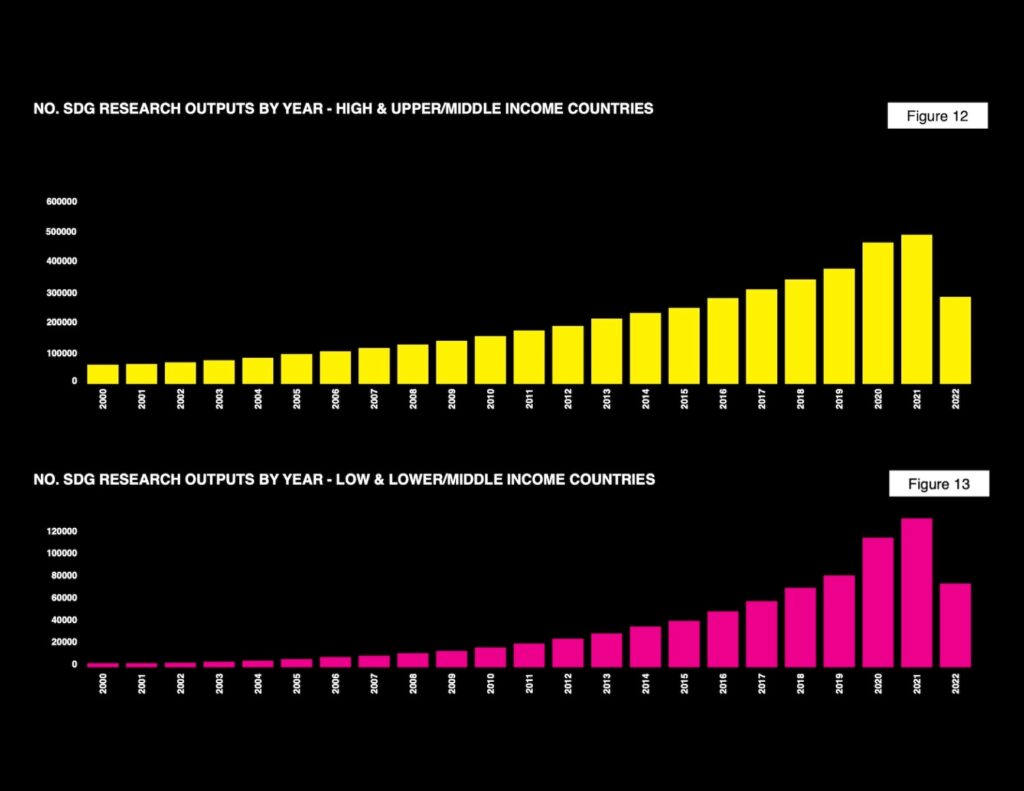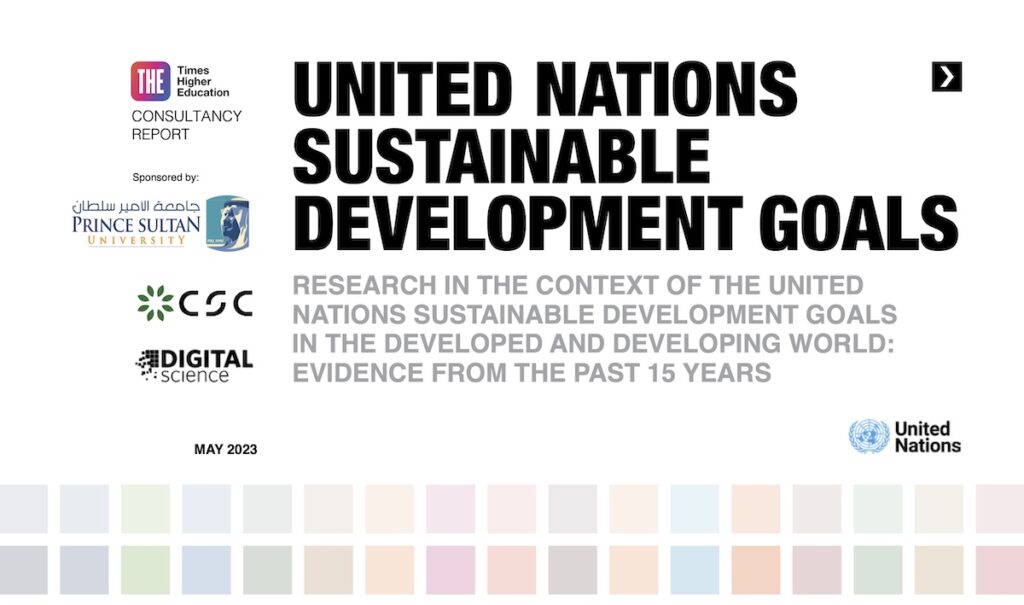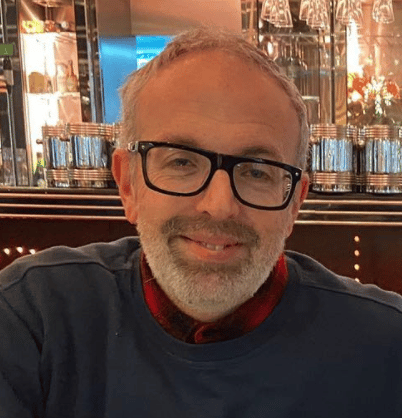The United Nations’ Sustainable Development Goals have become a byword for the key challenges our world faces. But are developing countries facing an additional challenge, by not being recognized equally for the impact their research is having? Simon Linacre looks at a new white paper that shows more can be done to raise up funding and research recognition for the developing world.
When the UN adopted the SDGs in 2015 to focus attention on the major challenges facing the world, it did so seeking to recognise all 193 signatory countries equally. It has always been apparent that some of the worst problems facing humanity are felt much more keenly in developing countries, however the UN’s 2030 Agenda for Sustainable Development was an opportunity to right the wrongs of the past and even out inequalities.
However, there has been a nagging doubt, to paraphrase George Orwell, that ‘all countries are equal, but some countries are more equal than others’. This fear has been realized in a landmark white paper by Times Higher Education (THE), Prince Sultan University and Digital Science, titled ‘Research in the Context of the United Nations Sustainable Development Goals in the Developed and Developing World: Evidence From the Past 15 Years’ and available on the website of the 2023 Global Sustainable Development Congress where it was released last week.

The white paper is the most comprehensive of its kind to date and calls for greater equity for developing nations within the global research ecosystem, especially as those countries are impacted most by the issues the SDGs focus on.
The white paper was commissioned by THE and utilizes data from Dimensions to uncover significant gaps in research funding, collaboration and assessment between developed and developing countries. Lower income countries struggle to gain recognition for their contributions towards the SDGs. The authors wanted to level the playing field with a series of recommendations, including:
- Targeted interventions to support lower-income countries, promote research infrastructure, and provide funding opportunities to bolster their research capacities and collaborations
- Continued use of THE Impact Rankings to help address global inequalities and promote strong SDG partnerships between regions
- Use of comprehensive and (if needed) bespoke metrics that capture the multidimensional aspects of research impact aligned with the SDGs, to provide valuable insights and guide policy-making and funding decisions
- Incentives at local and international levels to accelerate SDG research and research collaboration between high-income and lower-income countries, to help uplift scholars from countries that suffer from structural, historical and contemporary imbalances of power in the global research ecosystem.
When reviewing the report, it is clear from the analysis that there is a substantial gap between higher and lower income nations when it comes to research funding and recognition. Perhaps most importantly, this gap has been closing only slowly over the past 15 years, not quickly as one might hope and expect.
The authors – Professor Mohammad Nurunnabi (Prince Sultan University), Dr Sanjida Haque (Prince Sultan University), Ms Ann Campbell (Digital Science), Dr Juergen Wastl (Digital Science), Dr Ishan Cader (Times Higher Education) – conclude by seeking to reinforce the urgent calls to action by policymakers, both regionally and globally. They say there is a clear need to reflect the quality and impact of research within less developed regions and implement strategies that not only improve the research ecosystem, but that utilize the global influence of university impact rankings. For everyone’s sake, let’s hope the game can be changed in favor of those who have been at a disadvantage since the first whistle.


About the Author
Simon Linacre, Head of Content, Brand & Press | Digital Science
Simon has 20 years’ experience in scholarly communications. He has lectured and published on the topics of bibliometrics, publication ethics and research impact, and has recently authored a book on predatory publishing. Simon is also a COPE Trustee and ALPSP tutor, and holds Masters degrees in Philosophy and International Business.
The post SDGs: A level playing field? appeared first on Digital Science.
from Digital Science https://ift.tt/CVE5Adr

No comments:
Post a Comment